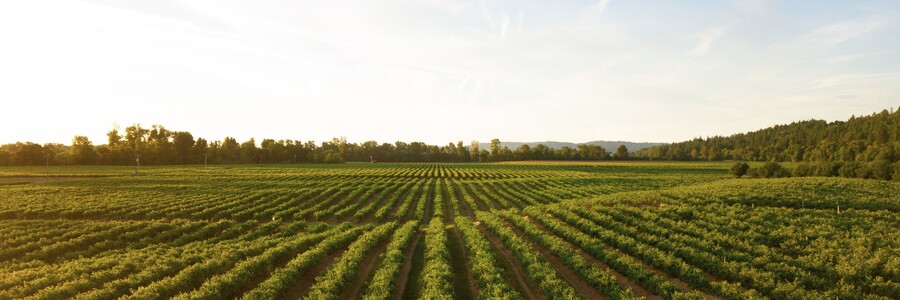The EU financially supports intensive agriculture, in Brazil farms that contribute to the deforestation of the Amazon rainforest with soy and beef production receive tax breaks - just a few examples of how state subsidies can harm nature and the climate.
A study has now examined the total value of environmentally harmful subsidies within all economic sectors. In the study, environmentally harmful subsidies are government programmes that promote unsustainable production and harm nature by worsening the condition of global ecosystems. The results are alarming: every year, at least 1,800 billion dollars are spent on subsidies that, for example, promote deforestation, the use of pesticides and the associated water and soil pollution, or the destruction of ecosystems and the extinction of species.
Disaggregation of environmentally harmful subsidies
Financial support for fossil fuels and unsustainable agriculture, forestry and water management account for the majority of environmentally harmful subsidies (more than 80%).
The breakdown of subsidies by economic sector is as follows:
- Fossil fuels: $640 billion
- Agriculture: 520 billion dollars
- Forestry: $155 billion
- Water use: $350 billion
- Construction (including housing): over $90 billion
- Transport: over $85 billion
- Marine fisheries: $50 billion
According to the authors of the study, instead of financing environmentally harmful practices in the economic sectors described, the environmentally harmful subsidies should be transformed into financial support for nature conservation and climate protection. Thus, the former Secretary General of the UN Framework Convention on Climate Change, Christiana Figueres, demanded at the presentation of the report: "Nature is declining at an alarming rate, and we have never lived on a planet with so little biodiversity. The harmful subsidies must be redirected to protect the climate and nature".
Transforming agriculture for nature and climate protection
As shown, agriculture accounts for the second largest share of environmentally harmful subsidies, with 520 billion dollars annually. This should not come as a surprise, as only last year a report by the Food and Agriculture Organisation (FAO) came to the conclusion that 90 % of all agricultural subsidies are harmful to nature. This also includes the distribution of subsidies in the Common Agricultural Policy, CAP, which was negotiated in 2021 for the new subsidy period from 2023 to 2027.
Study: Protecting Nature by Reforming Environmentally Harmful Subsidies: The Role of Business

